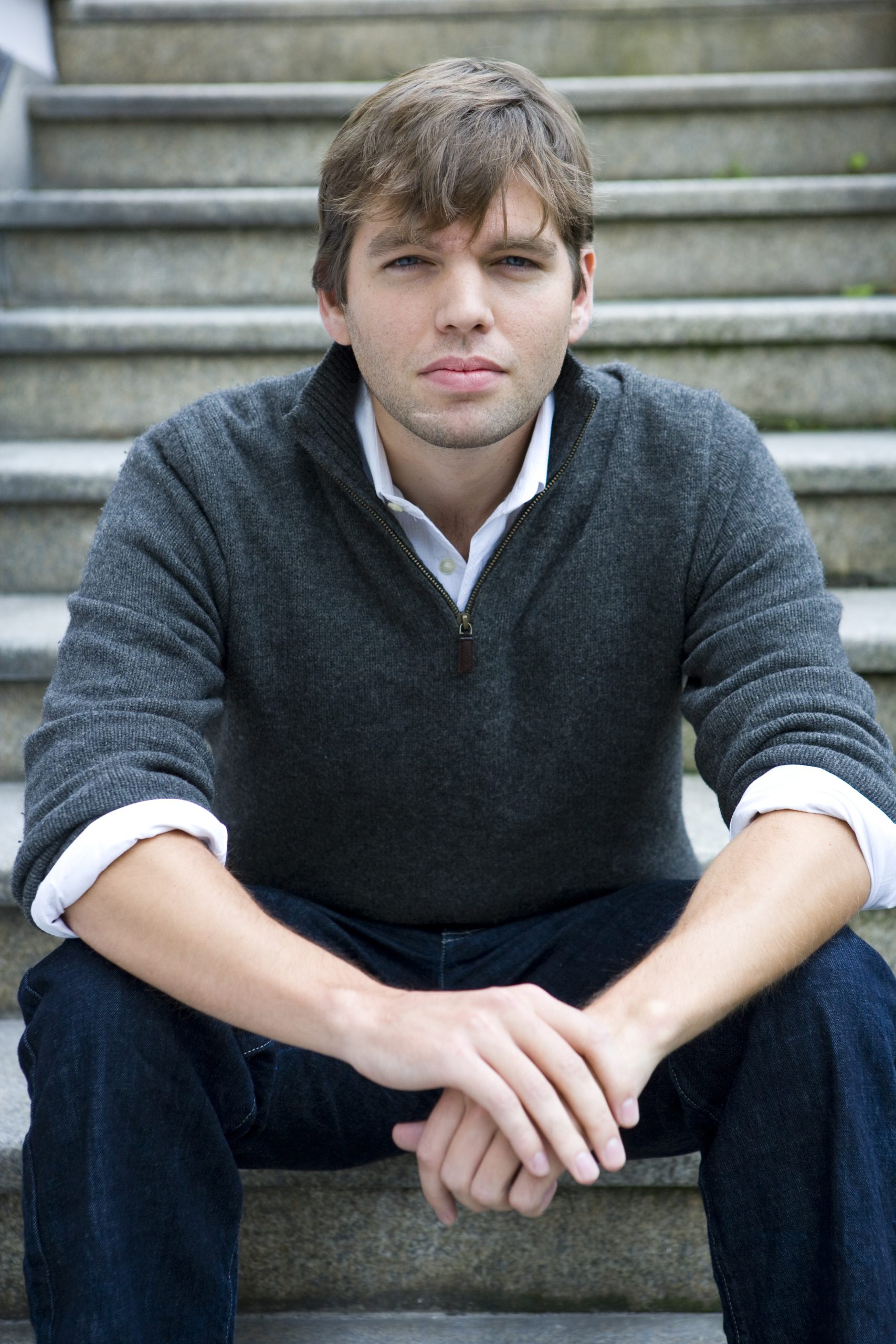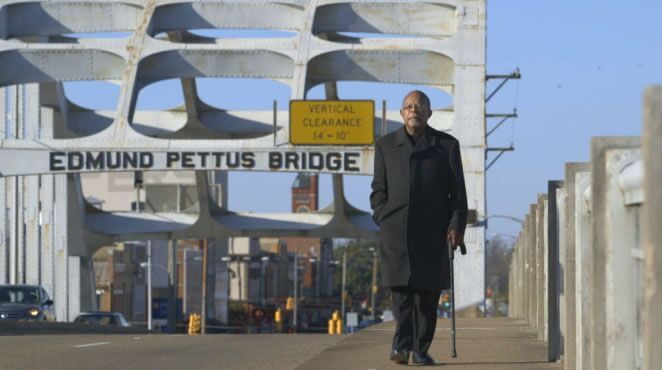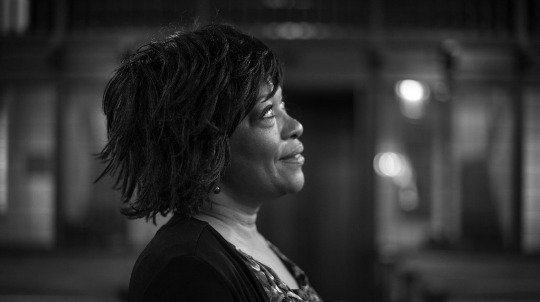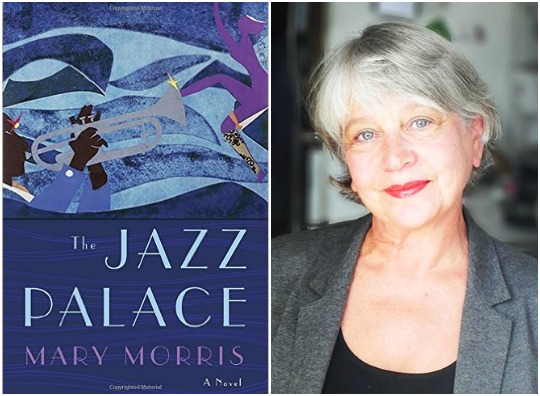 At 32, Kirk W. Johnson is a veteran of a particularly harrowing kind of politics. A soft-spoken and reluctant activist, he met an auditorium full of high school students in downtown Cleveland on a mild November evening. Together, they reflected on his story, and his new book: “To Be A Friend is Fatal: The Fight to Save the Iraqis America Left Behind.”
At 32, Kirk W. Johnson is a veteran of a particularly harrowing kind of politics. A soft-spoken and reluctant activist, he met an auditorium full of high school students in downtown Cleveland on a mild November evening. Together, they reflected on his story, and his new book: “To Be A Friend is Fatal: The Fight to Save the Iraqis America Left Behind.”
The title derives from an observation by former U.S. Secretary of State Henry Kissinger. As America pulled out of Vietnam, Kissinger noted dryly that being an enemy of the U.S. could be dangerous, but being a friend could be fatal. Still, “within a few years, nearly a million people came here from Southeast Asia and have become a critical part of our nation’s fabric,” Johnson said. “Some are members of Congress now.”
The thousands of Iraqis who aided the United States – in the Green Zone, as translators, doing myriad support tasks – haven’t been nearly as fortunate.
Johnson’s host, “Facing History and Ourselves,” strives to teach students about perpetrators of violence, about bystanders and the rare individuals it calls “upstanders.” Mark Swaim-Fox, who directs Facing History’s Cleveland office, introduced the writer as an “upstander.”
Johnson painted himself an unlikely champion. In 2006, he was recuperating from injuries in his parents’ Chicago home, soured on his civilian work for USAID in Baghdad and Fallujah. But he opened an email from Yaghdan, an Iraqi colleague who had been spotted leaving the Green Zone. The next day Yaghdan awoke to a decapitated dog and a death threat. He fled with his wife Haifa to Dubai and sent Johnson one terse sentence: “People are trying to kill me and I need your help.”
The email led Johnson to write an op-ed piece, published in the Los Angeles Times December 15, 2006, under the headline “Safeguarding Our Allies,” the first major American newspaper to broach the plight of U.S.-affiliated Iraqis. Within days, Johnson’s inbox was flooded with pleas from Iraqis in similar straits. Frightened and uncertain what he might do, Johnson opened a Microsoft Excel spreadsheet and started entering names.
The spreadsheet grew into “The List,” and then, more formally, “The List Project to Resettle Iraqi Allies,” a nonprofit organization that has become the largest pro-bono American legal effort on behalf of refugees. “For the last seven years, I’ve been trying to deal with the consequences of that 1,000-word op-ed,” Johnson said, smiling.

Her subject would no doubt blanch at that comparison. As he spoke in Cleveland, Johnson repeatedly circled back to the word “frustrated,” stressing the “narcoleptic bureaucracy” that has thwarted the will of Congress, expressed in the passage of the “Refugee Crisis in Iraq Act,” which authorized 25,000 visas. That Act expired this October 1, some 17,000 visas unused.
“Bush or Obama, the bureaucrats all say the same thing: ‘9/11 changed everything. We need to keep the Homeland safe,’” Johnson said. “But has 9/11 changed this country so much that we can’t make the distinction between our enemies and our friends?”
Some of the people waiting for visas dragged wounded Americans out of harms’ way, only to lose their own legs doing so, Johnson said. It pains him that England and France evacuated their Iraqi employees within weeks, while his organization has documented that some 1,000 Iraqis were slain while their former employer, the United States, dithered.
Two who did arrive safely were Yaghdan and Haifa, who have become parents to a son. Yaghdan has earned his MBA.
Kevin Powers, winner of a 2013 Anisfield-Wolf book award for “The Yellow Birds,” called Johnson’s new memoir “a heartbreaking reminder of the wreckage we’ve left behind in Iraq. And it is unafraid to ask some of the most essential questions regarding our involvement there: Are we who we say we are? And if we are, why haven’t we kept our word? I urge everyone to read it.”
In this 3-minute video, Johnson talks about his work on behalf of Iraqi allies.




Cristina Salazar
November 7, 2013
I was very fortunate to be present at that Community Conversation, and to listen to a humble and honest person talk about this uncomfortable truth. Like you said Karen, the audience filled with high school students, he was very mindful of not overwhelming them, or any of us, with his ‘depressing stories’ and lectures. Johnson talked about the ‘fundamental disconnect’ between the Green Zone and the Red Zone, and how alienated those on the Green Zone where about what was happening outside that three square mile enclosed area in the heart of Baghdad. To the question of how 9/11 changed this country, he continued to say: “If we can’t make the distinction between our friends and our enemies, it makes it hard to believe that terrorists hate us for our values.” Kevin Powers is right on target when pointing out those ‘essential questions’.
In the Q&A session, one of the students asked what could young people do to help, and he invited all of us to read, teach ourselves, ask questions, actively engage in the debates around refugees, torture, drones, etc., and to write to our representatives in Congress. He expressed his fear of this country falling into an ‘endless informal warfare’, and how it is not enough to form strong opinions about things, but that we actually have to DO. In his last remarks and in an effort to put things into perspective, he mentioned how he was supposed to be in two different news shows, and that he got bumped from both because of two ‘twerking’ videos. “There are more important things than ‘twerking’”, he said. The once ‘defeated man’ laughed as he realized those were his closing words, and we all joined in as we released the weight of this heavy topic.